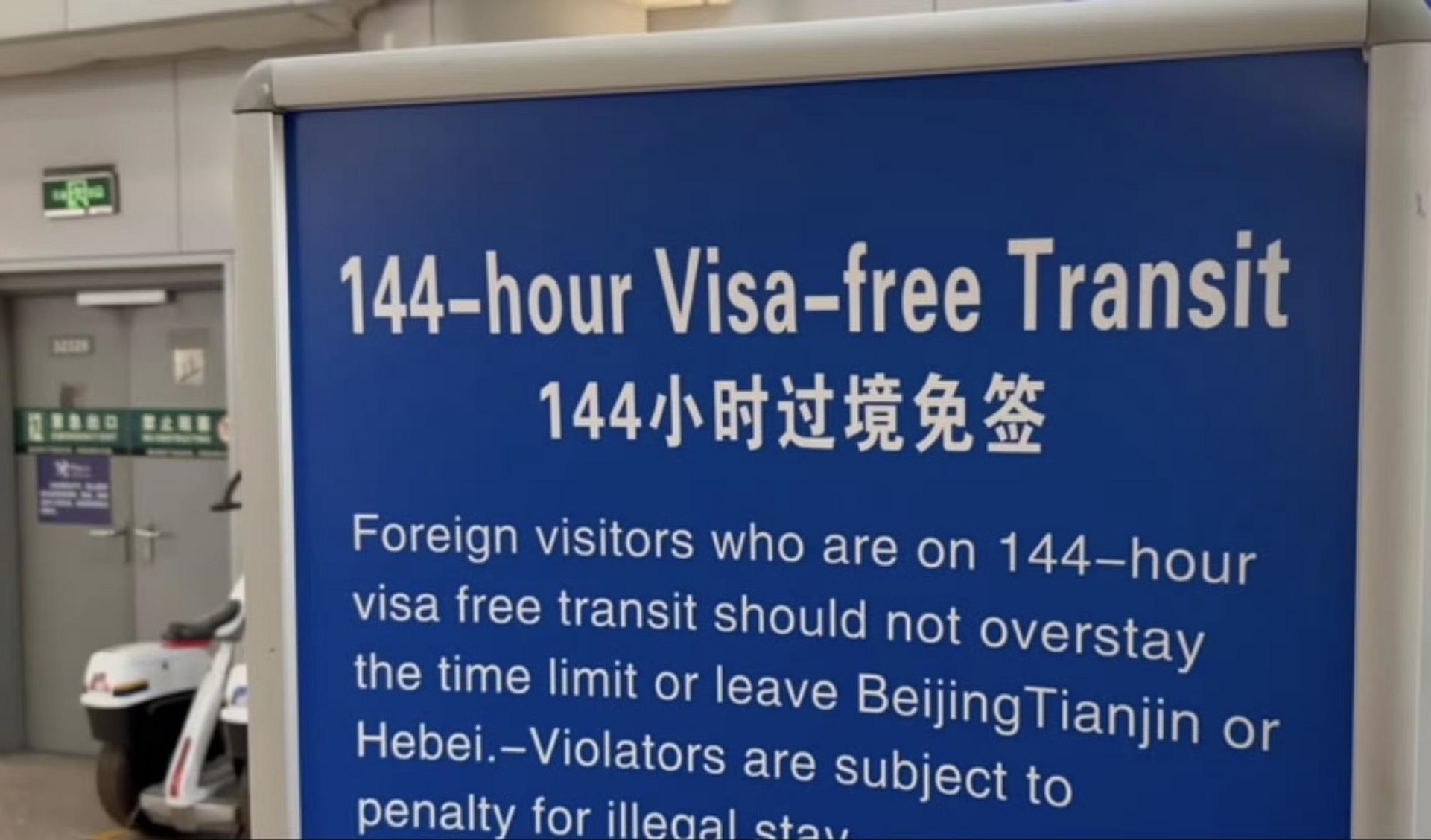Record-Breaking Travel Reveals China’s Strengthened Economic Vitality
A report from Xinhua on Jan. 6th, 2025:

China witnessed a remarkable surge in both rail and air travel in 2024, fueled by vigorous economic activities and robust consumer spending.
The country’s railway network handled a record 4.08 billion passenger trips in 2024, a 10.8 percent year-on-year increase, according to China State Railway Group Co., Ltd.
Similarly, the latest data from the Civil Aviation Administration of China (CAAC) shows that air passenger trips are estimated to have hit a record 730 million in 2024, an 18 percent year-on-year increase.
As a bellwether of economic growth, the record travel figures signal a steady rise in China’s consumption willingness, said Xu Hong, dean of the College of Tourism and Service Management at Nankai University.
This surge was partly driven by a growing thirst for leisure travel, with the tourism sector standing out as a bright spot of China’s economy in 2024, she noted.
In the first three quarters of last year, China reported 4.24 billion domestic trips, representing a year-on-year increase of 15.3 percent. The total expenditure of domestic tourists amounted to 4.35 trillion yuan (about 605 billion U.S. dollars), up 17.9 percent year on year.
With improved infrastructure making various regions and lesser-known destinations more accessible, the shift toward off-the-beaten-path travel has gained momentum, drawing travelers in search of niche experiences.
Lu Wei, a researcher at the Chinese Academy of Macroeconomic Research, noted that lower-tier regions with airports have become increasingly popular among Chinese travelers.
Beyond the hustle and bustle of the domestic travel market, international travel also flourished last year, with a boom in both inbound and outbound tourism.
This China travel boom, driven by the country’s expanding visa-free travel policy, has led international tourists to flock to the country to experience its blend of centuries-old traditions and cutting-edge technology. An enhanced payment environment, bilingual signage and other supports have made travel in China more convenient for foreign tourists.
“The boom in the inbound tourism market aligns well with China’s focus on stimulating demand,” Xu said. She also highlighted the crucial role inbound travel plays in driving consumption and boosting employment in China.
In early December, the Chinese leadership positioned “boosting consumption” as a key policy task for 2025 at a tone-setting conference, and called for the implementation of a special action plan to that end.
Looking ahead, this strong travel momentum is expected to carry through to the Spring Festival travel rush, a traditional peak period for China’s transportation network. This year’s travel rush will run from Jan. 14 to Feb. 22.
With family visits and tourism overlapping, the populous country is poised to see a record-breaking 9 billion trips made during the peak travel season. Rail journeys and civil aviation passenger trips are projected to hit record highs of 510 million and 90 million, respectively.
To accommodate the mass movement of travelers, China’s railway system announced a new operating plan on Sunday, adding 230 passenger trains to schedules across the country to bring the total to 13,028. Meanwhile, the civil aviation sector is set to handle an average of 18,500 flights per day during the Spring Festival travel rush, an 8.4 percent increase from 2024 levels.
In 2025, infrastructure investments in China’s railway system will total 590 billion yuan, solidifying its position as the world’s largest railway network. The country is set to put 2,600 kilometers of new railway lines into operation.
In the civil aviation sector, a strong performance during the upcoming Spring Festival travel season is expected to continue throughout 2025, said Li Dan, a researcher at Zheshang Securities, noting that international-route passenger traffic is expected to see double-digit growth this year.
Li also projects that the overall financial performance of listed airlines in 2025 will surpass that of 2024, fueled by improving seat utilization rates and steady growth in airfares.












 津公网安备 12019002000128号
津公网安备 12019002000128号

